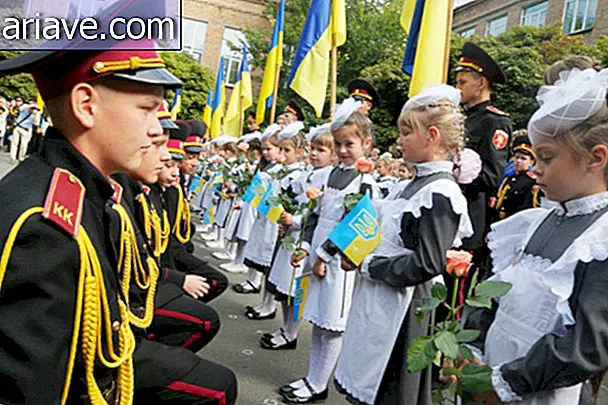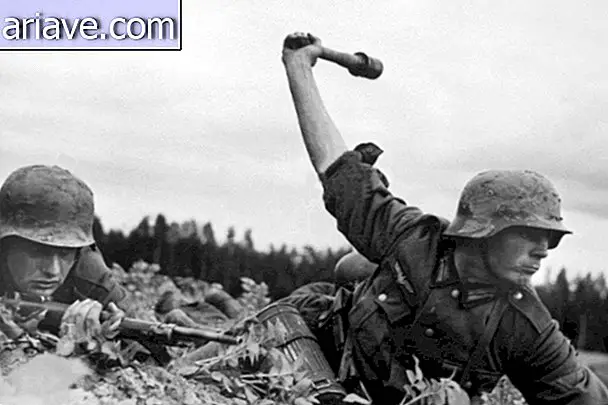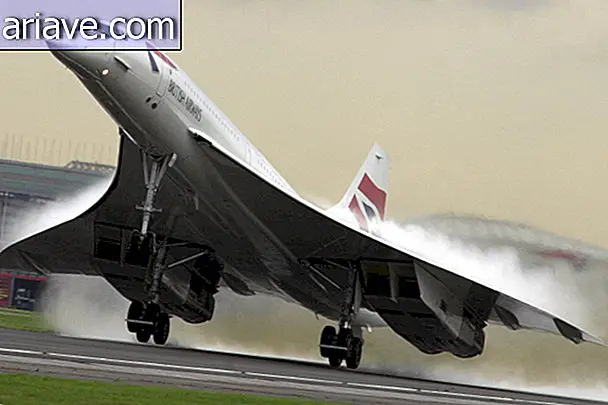3 Little Known Facts About World War II
World War II (1939-1945) was marked by complex events that interconnected in a way little known to many people. Get to know three interesting facts:

1. D-Day was not commanded by the United States.
D-Day, the well-known Allied landing in Normandy (1944), which aimed to dismantle the Nazi invasion of Europe, was not commanded by the United States. Most of the military leaders in the operation were British. In addition, 31 percent of the supplies and two-thirds of the aircraft shipped belonged to Britain, showing how decisive their contribution to the remarkable battle of World War II was.

2. Japan had already discussed his surrender before being attacked with atomic bombs
A defining feature of the Japanese army was exacerbated nationalism. And because of this, the narrative was created that the Japanese only surrendered after being hit by atomic bombs. However, some historians support the claim that, in fact, the Japanese had capitulated shortly before they were hit, as they were seriously weakened at the time due to the other attacks they received.
The nuclear bomb, on the other hand, represented the opportunity to symbolize the US victory and show its power to the Soviet Union. In the end, the ruthless attacks that characterized the end of World War II also became the starting point of the Cold War.

3 - D-Day was not decisive in Germany's defeat
D-Day is believed to have been decisive for the Allied victory, but this is not solely due to the attack. It was Germany's invasion of Russia that left Hitler's army weakened. Even the attempted German occupation recalls, in a way, what happened during the Napoleonic expansion in 1812.
At the time, the French attack plan did not have such a harsh Russian winter for its soldiers. The army was losing strength as it advanced and found the cities empty and destroyed. In the German invasion, again, there was not adequate preparation to deal with the cold. In addition, Stalin also coordinated the evacuation of Russian cities. When invaded, German soldiers were left with no means of obtaining shelter or food, which contributed to the failure of the offensive against Russia.











